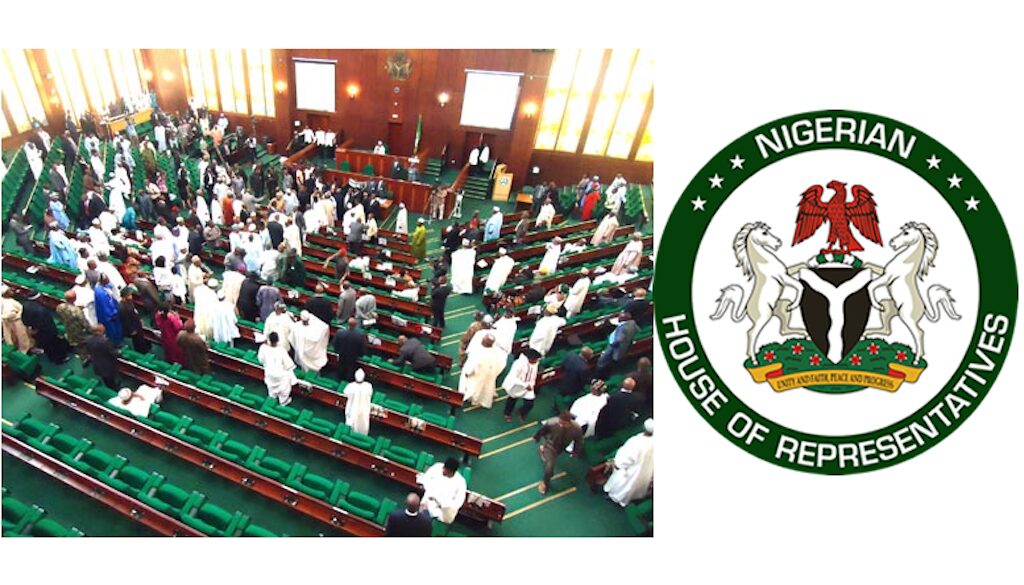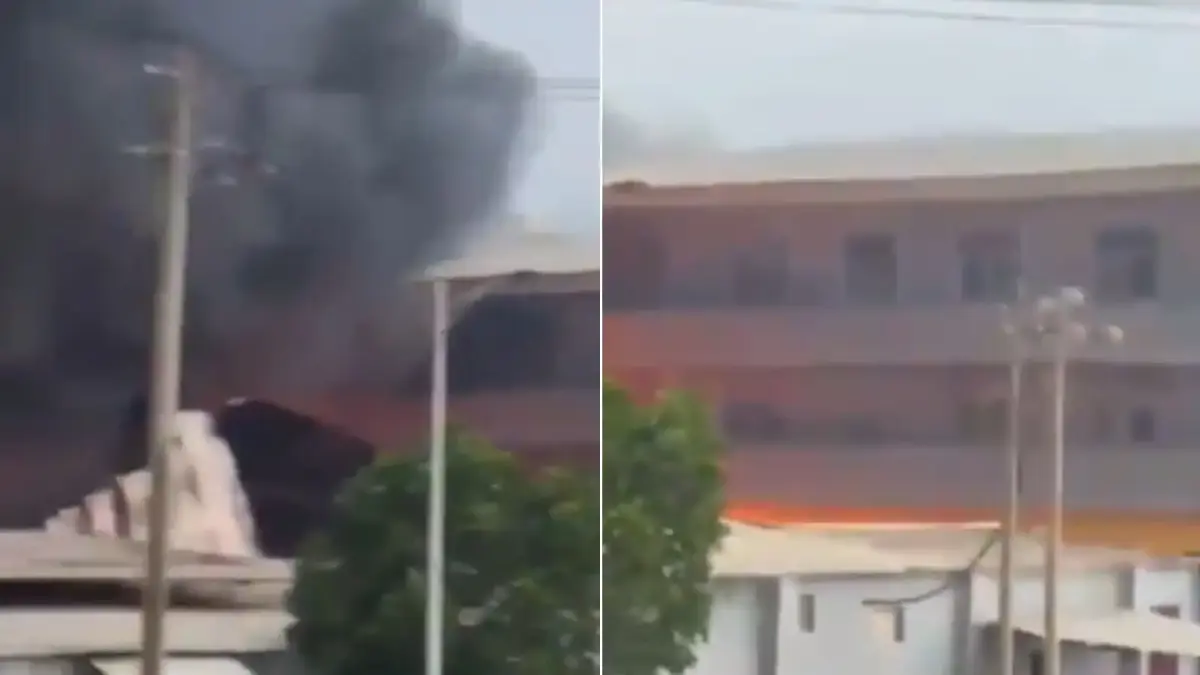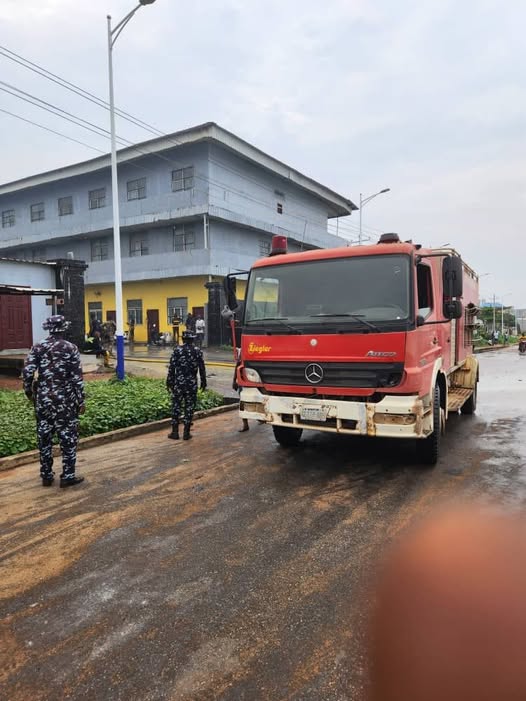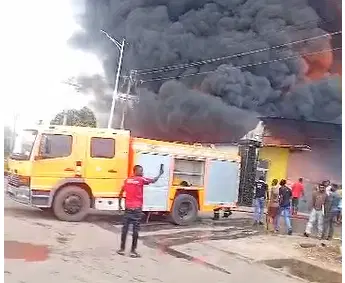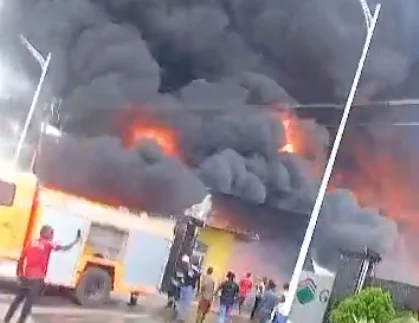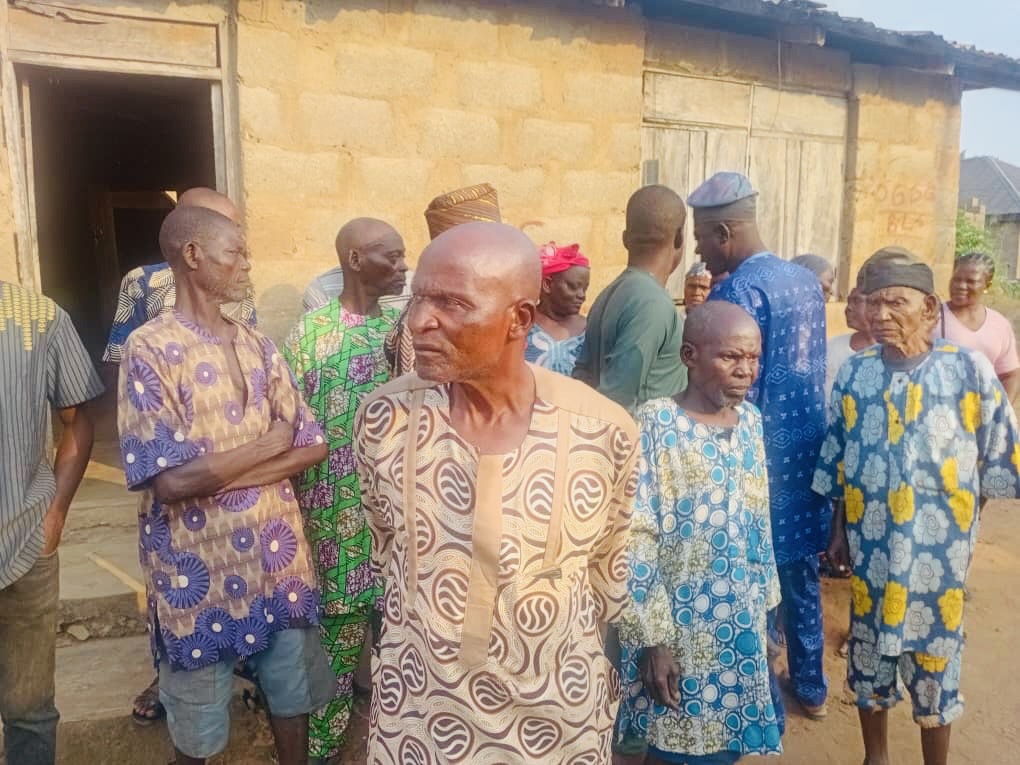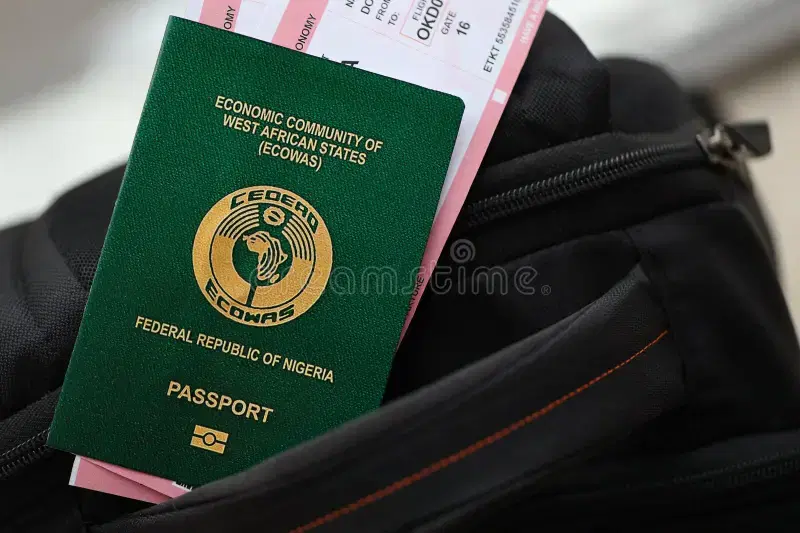The House of Representatives on Tuesday launched an investigation into the establishment, funding, and governance structure of the Museum of West African Art in Benin City, Edo State.
The move followed growing concerns that the new cultural complex may be operating under arrangements that grant undue influence to foreign and private interests.
A recent exhibition at the museum turned chaotic and was abruptly cancelled after an invasion by protesters, with the police moving in to rescue foreign envoys in attendance.
The probe comes at a critical time as Nigeria receives historic batches of repatriated Benin Bronzes from international museums, intensifying scrutiny over the permanent repository for these priceless artifacts.
The House ordered the probe after adopting a motion of urgent national importance sponsored by Esosa Iyawe and co-sponsored by six other Edo lawmakers, including Julius Ihonvbere, Peter Akpatason, Billy Osawaru, Omosede Igbinedion, Marcus Onobun, and Okojie Odianosen.
Leading the debate, Iyawe warned that a project envisioned as a premier West African cultural heritage hub must not become a “backdoor for foreign entities to influence or control Nigeria’s cultural property.”
Iyawe stated: “Credible reports suggest that the ownership and governance framework of MOWAA may have created an arrangement that places excessive influence in the hands of private or foreign interests. This would be contrary to Nigeria’s sovereignty over her cultural patrimony.”
He stressed that the international community agreed to repatriate the Benin Bronzes with the understanding that these items would be held in a public trust under Nigerian control.
Lawmakers raised additional concerns regarding the museum’s legal status, donor agreements, tax waivers, and land allocations.
The motion’s so-sponsor, Julius Ihonvbere, emphasised the need for transparency.
“We cannot allow any ambiguity around ownership, land allocation, tax waivers, or foreign partnerships. Nigeria’s cultural assets cannot be traded off under the guise of development support,” Ihonvbere warned.
Similarly, Omosede Igbinedion faulted the alleged sidelining of traditional institutions, including the Palace of the Oba of Benin.
She noted, “The custodians of the Benin heritage deserve full transparency and involvement. Their exclusion raises legitimate concerns.”
Also, Marcus Onobun warned that unclear funding sources and governance structures could pave the way for conflict of interest and potential exploitation of the nation’s heritage.
Adopting the motion, the House resolved to set up an ad hoc committee to investigate MOWAA’s establishment, funding model, donor influence, and governance architecture.
The panel is mandated to determine the degree of government oversight and the safeguards protecting Nigeria’s ownership of its cultural assets and is expected to report back within four weeks.
The Speaker Abbas Tajudeen assured the House would defend the country’s heritage.
“Our heritage is non-negotiable. This investigation is necessary to ensure transparency and national interest.”
The investigation coincides with renewed momentum in Nigeria’s restitution campaign.
Just a day earlier, the Ministry of Arts, Culture and Creative Economy received two Benin Bronzes—a bronze relief plaque and a commemorative head—returned from the Museum of Fine Arts, Boston.
The pieces, stolen during the 1897 British invasion of Benin, were symbolically handed over by the Ministry of Foreign Affairs and witnessed by high chiefs representing the Oba of Benin. Nigeria has received no fewer than 285 Benin Bronzes in the past eight years, including large batches from the United States, the Netherlands, and the UK’s Horniman Museum.

